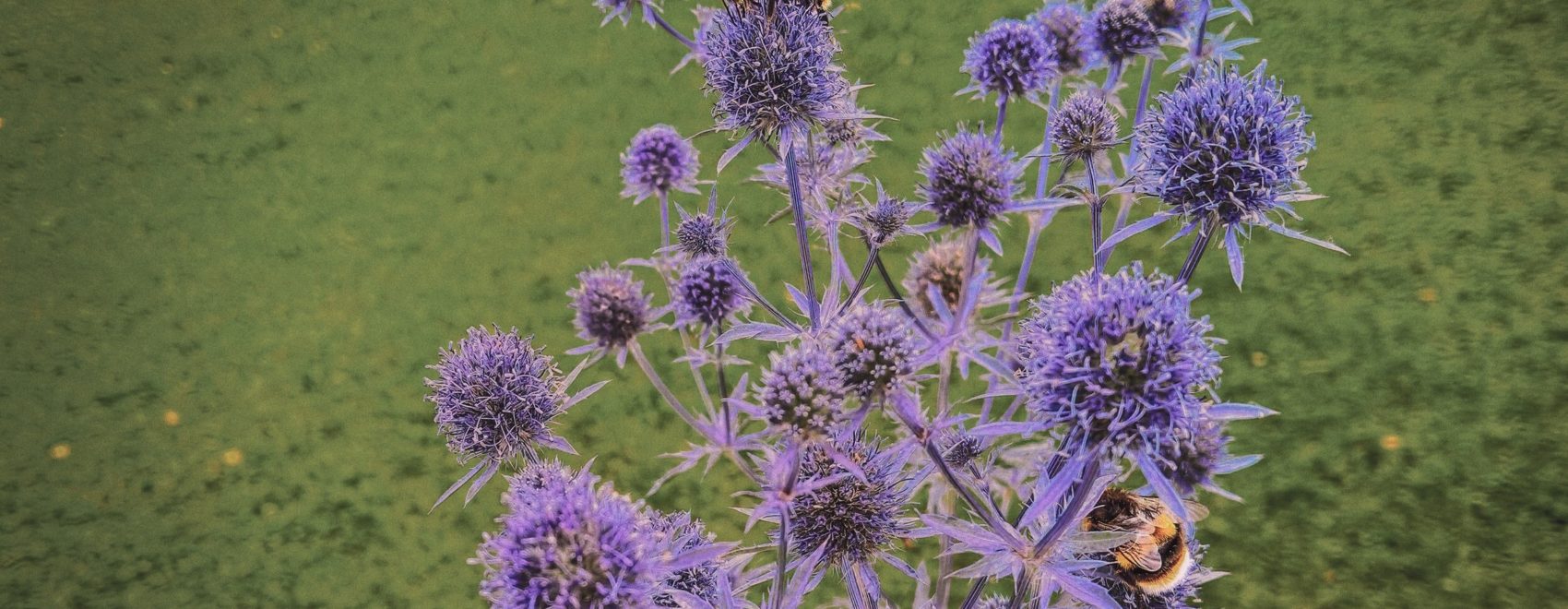By Thomas Seth Davis, Paul R. Rhoades, Andrew J. Mann & Terry Griswold
Landscape-scale bark beetle outbreaks alter forest structure with direct and indirect effects on plants and animals in forest ecosystems. Using alpine spruce forest and a native bee community as a study system, we tested how tree mortality from bark beetles impacts bee foraging habitats and populations. Our results provide evidence of increased alpine bee biodiversity in post-outbreak stands and increased availability of floral resources. We conclude that large-scale disturbance from bark beetle outbreaks may drive shifts in pollinator community composition through cascading effects on floral resources, mediated via mortality of overstory trees.

